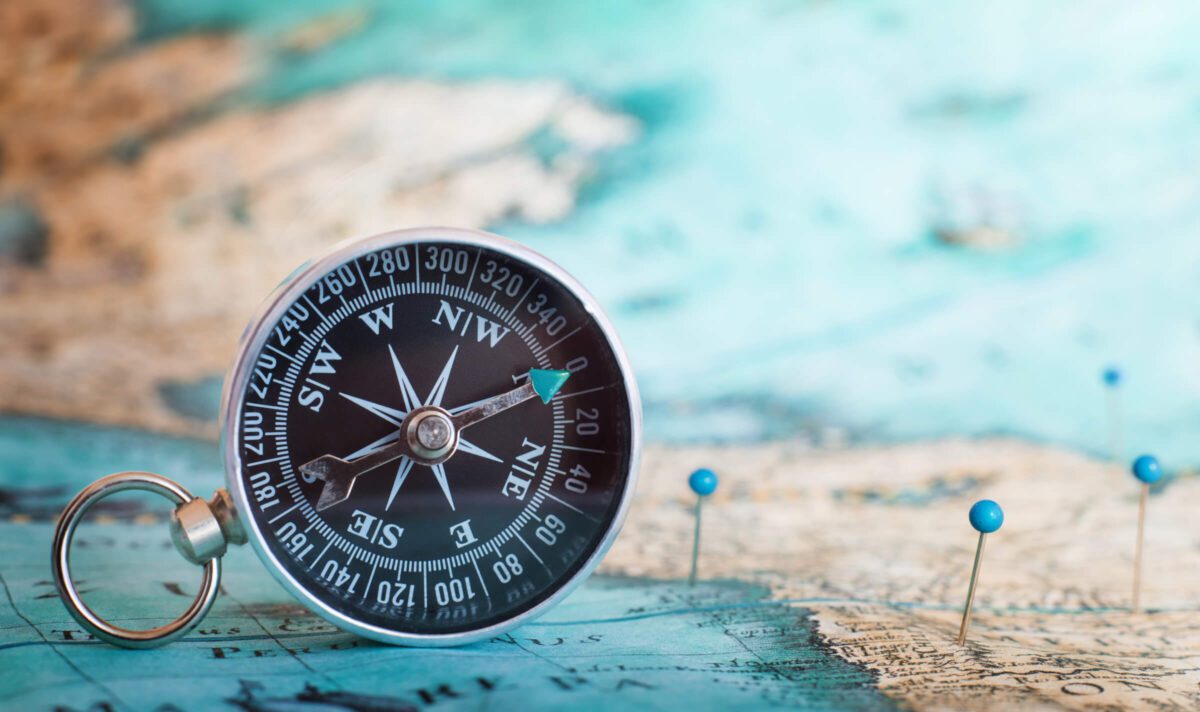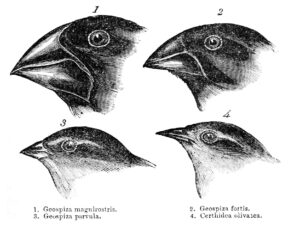
Learning is a journey that can change your world. It opens you to new perspectives and possibilities. It can broaden your worldview. It takes you deep, feeding your desire for knowledge while creating a hunger to learn more. And the very best learning surprises you.
Continuing Studies invites you to experience many kinds of journeys and discoveries in its latest set of programs. Choose your adventure: discussions of travel-themed literature, language classes, historical discoveries, a trek through Scotland’s castles and cathedrals, or many other options. Programs are running now and continue through the spring; go here for more information, including dates, times, and registration details.
Book-fueled journeys
North Africa is the setting for the three novels the Journeys Without End section of Tuesday Morning Booktalks will discuss: Season of Migration to the North by Tayeb Salih, The Sheltering Sky by Paul Bowles, and The Moor’s Account by Laila Lalami. Led by Continuing Studies scholars Sage Goellner and Kevin Mullen, the conversations will explore postcolonial life in the region.
“This series examines three tales of adventure, which, each in its own way, disrupts traditional travel narratives, because the travelers do not return to their place of origin,” Goellner explains. “The novels look at the movements of tourists, immigrants, or explorers from one part of the earth to another, specifically North Africa, Europe, and the Americas.”
Participants will also develop more nuanced understandings of the past and the relationship between identity and belonging.
“The three authors offer deep insights into the complexities of alienation and belonging through the reward and struggle of their characters’ journeys,” Goellner says.

Discovery through debate
Charles Darwin and his concept of evolution are proof that discovery moves at its own pace. Though Darwin visited the Galápagos Islands and saw their now-famous finches in the 1830s, it wasn’t until 1859 that he published On the Origin of Species, the book that articulated the idea of evolution to the masses. It fundamentally changed people’s understanding of the world back then, and more than 150 years later, it is just as important. Ronald Numbers, a retired history of science professor, will explore why evolution is still a hot-button issue in an Eloquence and Eminence lecture on March 11. Learners can also examine the idea’s roots, its connection to the Galápagos Islands, and its impact on modern-day research in Evolution: Origins and Contemporary Questions.
Travel adventures

Continuing Studies’ educational travel team organizes opportunities for adventures around the world as well as trips closer to home. Participants in this year’s Scotland trip will visit castles, abbeys, museums, battlefields, and even the mysterious Loch Ness May 19-June 5. After that is Tanzania, where travelers will look for wildlife in Serengeti National Park, gaze into the Ngorongoro Crater, and learn about anthropological discoveries at Olduvai Gorge June 14-27. If you want to combine your travel with the arts, try trips to the Shaw Festival or the Santa Fe Opera.
If armchair travel is more your style, explore the historical ruins and modern customs of Istanbul, Cappadocia, and more in Odyssey Through Turkey, offered by Continuing Studies’ history and humanities program right here in Madison.
Creative pathways
Self-discovery is a journey that can take place anywhere, even one’s own backyard. The Writers’ Institute conference will help authors of all levels explore their ideas, improve their manuscripts, and find pathways to publication April 12-15. Visual art classes are a way to develop skills in a variety of media, and this summer you can even attend an art camp for adults.
Exploring other languages
Foreign language courses are the perfect opportunity to build skills, meet interesting people, and get acquainted with other cultures. They’re also a great way to prepare for a trip abroad. Spring classes are already underway, but summer offers numerous opportunities to try a new language or brush up some old skills. (Try Don’t Forget Your French if you’re in the latter category). There’s even a Spanish-language book club discussing Las batalles en el desierto, a coming-of-age story set in 1940s Mexico City.
No matter what type of journey you choose, let Continuing Studies be your guide. As author Ursula K. Le Guin once said, “It is good to have an end to journey towards, but it is the journey that matters in the end.”
For additional details about these programs, or to register, go here or contact Jessica Courtier, 608-890-3626, jessica.courtier@wisc.edu.